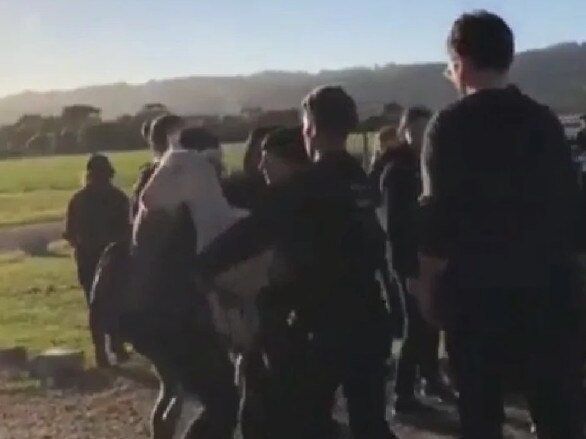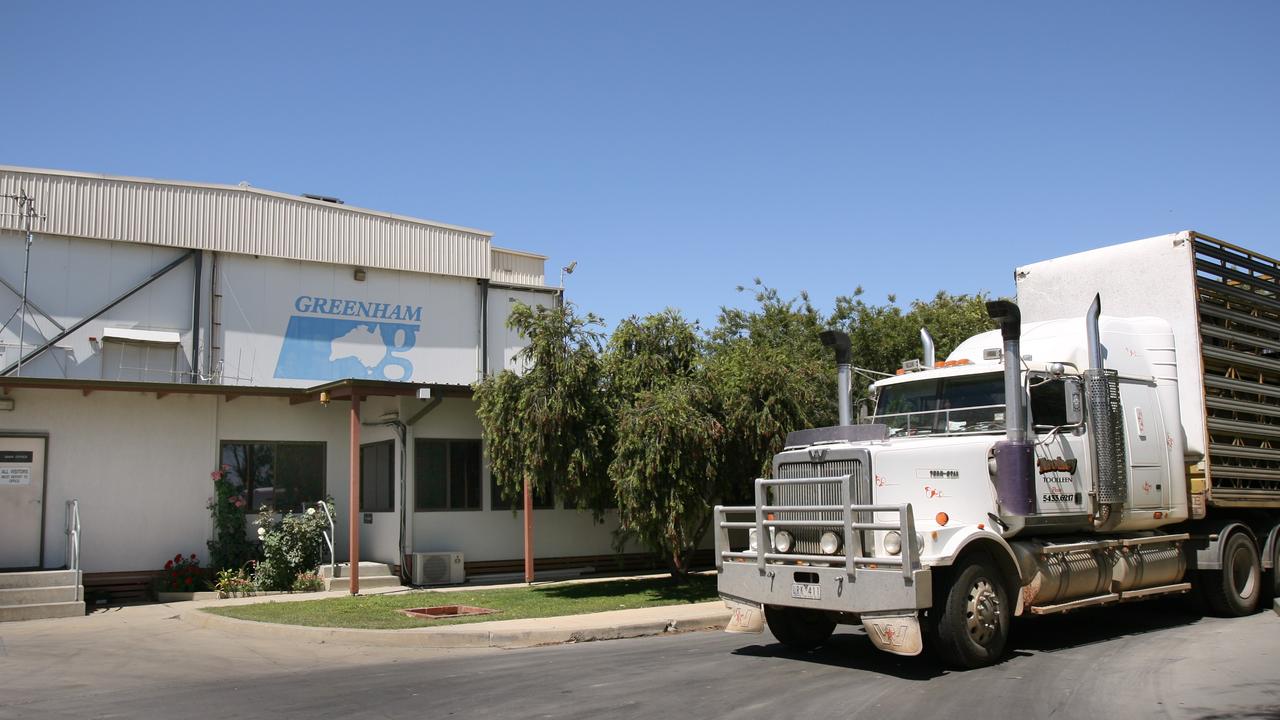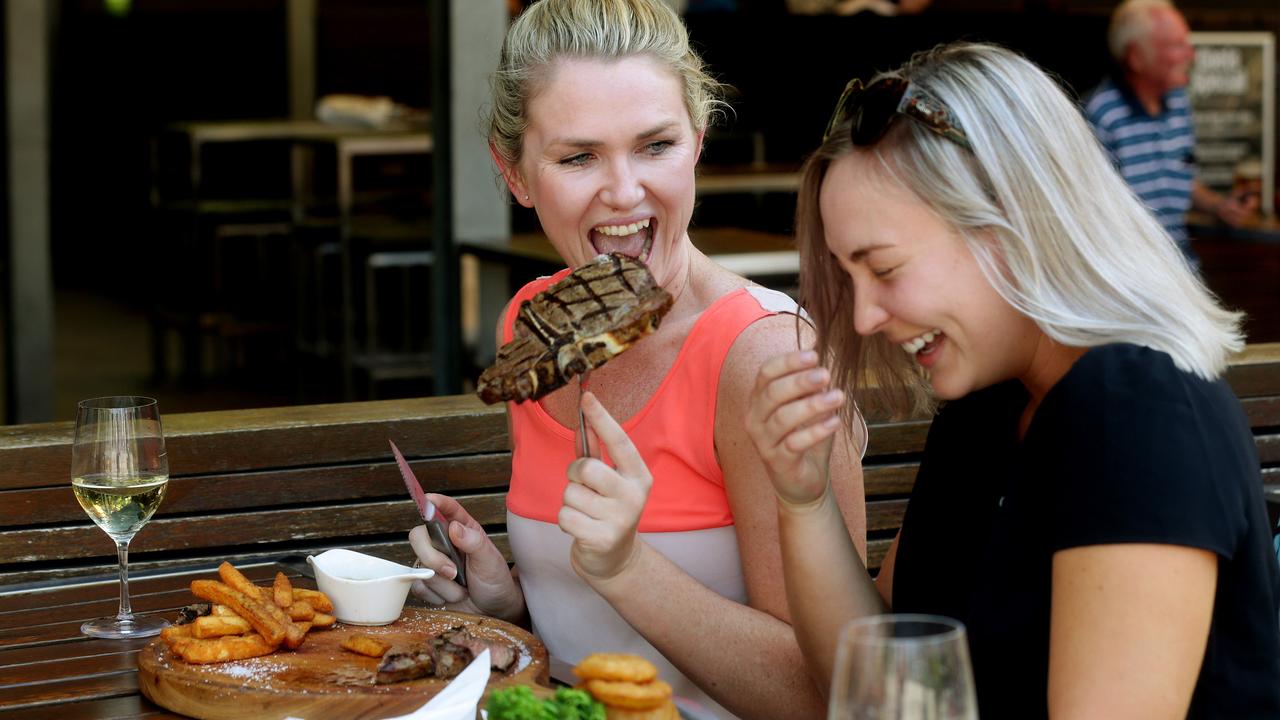Animal activism inquiry fails to protect farmers, says VFF
A Victorian Parliamentary inquiry into animal activism has failed to protect farmers from illegal activities, which is exactly what it was set up to do, says the state’s peak farming body.

THE Victorian Farmers Federation has hit out at the state’s inquiry into animal activism for failing to protect farmers from illegal animal activist actions, what it was set up to do.
The committee tabled its findings and recommendations in Parliament last night, with recommendations including mandatory CCTV in abattoirs, “higher” animal welfare standards, public interest exemptions for hidden cameras and an on-the-spot fine for a new biosecurity offence.
It also recommended Agriculture Victoria conduct an audit of the number of businesses with biosecurity plans and help those without one get one, to make information about standard farming practice and legislation available online, and to conduct an audit of how it handled animal welfare complaints in 2019 and make the results publicly available.
DETAILS: WHAT THE ACTIVISM INQUIRY RECOMMENDED
Victorian Farmers Federation David Jochinke told The Weekly Times the inquiry had “only done half its job”.
He said while recommendations to improve animal welfare were important, the inquiry had “completely missed the whole other part of the conversation”.
“There’s no discussion around trespass or penalties,” Mr Jochinke said.
The National party put forward a motion for an inquiry to examine the effectiveness of the Victoria’s laws in April last year, stating “enough is enough” after The Weekly Times revealed an activist was fined $1 for breaking biosecurity laws after stealing from Gippsland’s Gippy Goat Cafe.
But, the Liberal Nationals rejected the committee’s majority report yesterday, claiming some recommendations were to legislate stronger protections for animal activists.
One of the committee’s findings highlighted in the report was that “the penalties handed out following incidents at Gippy Goat Cafe did not meet the expectations of many stakeholders in this inquiry and some sections of the community”.
But the committee did not make a recommendation. It was the only finding that was not paired with a recommendation.
“The Committee believes the judiciary is well equipped to engage with matters brought before it and give due consideration to social expectations,” the report read.
Mr Jochinke said it “devalued what the inquiry was there to achieve, protecting farmers on their properties”.
He also slammed the recommendation for a public interest exemption for hidden cameras saying it created “greater flexible legislation to allow activists to increase activities”.
The Victorian Government has six months to respond to the recommendations in the report.



